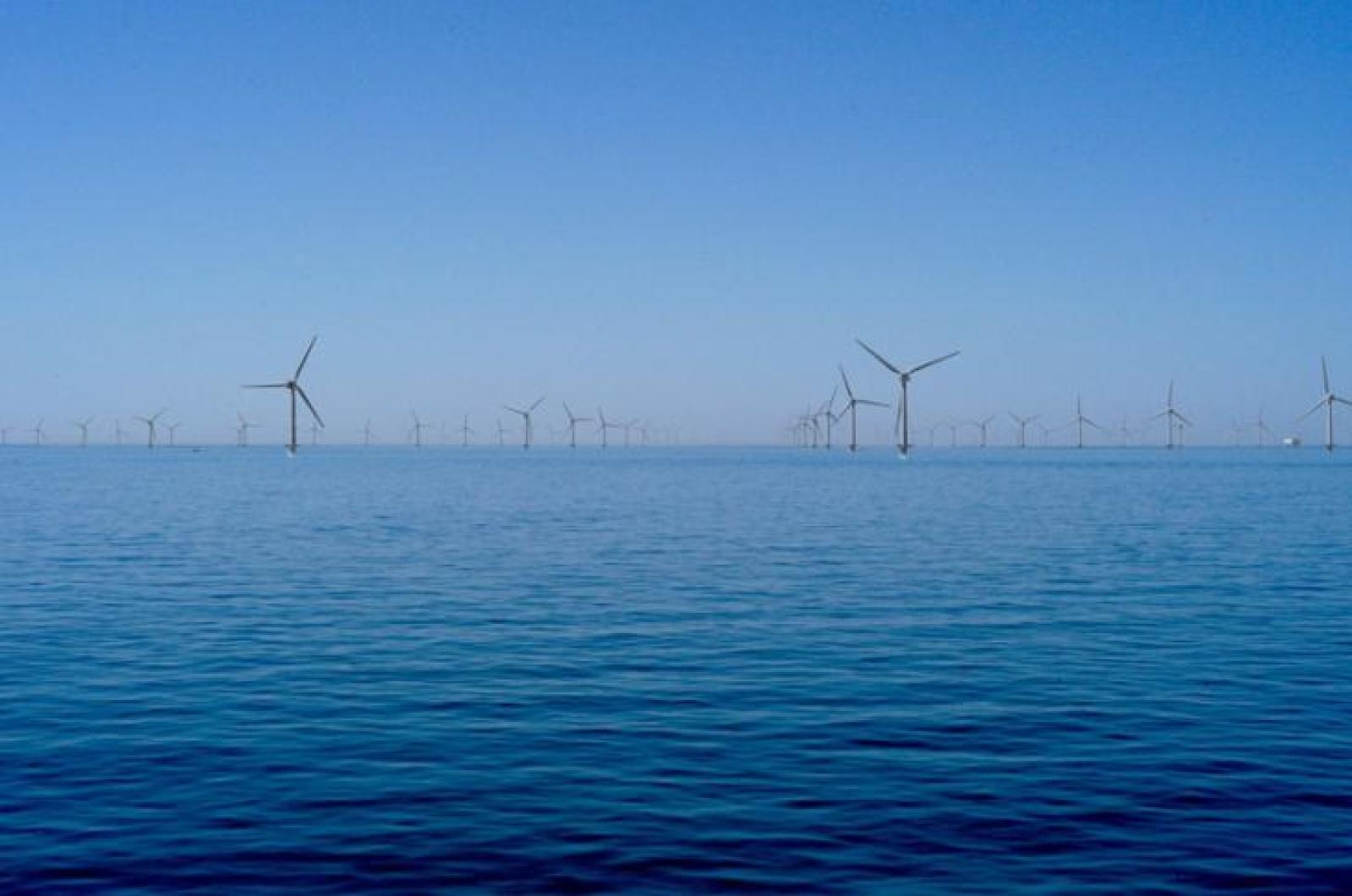Cape Wind Associates has officially pulled out of its bid to develop a wind farm in Nantucket Sound, bringing an end to the controversial project that began in 2001.
“Cape Wind has confirmed to the Bureau of Ocean Energy Management that it has ceased development of its proposed offshore wind farm project in Nantucket Sound and has filed to terminate its offshore wind development lease that was issued in 2010,” the company stated in a press release sent out on Friday.
Cape Wind pioneered the U.S. offshore wind market beginning around 2001 with its plan to build 130 wind turbines on Horseshoe Shoal, an area of federal water in Nantucket Sound nine miles east of the Vineyard.
The project never got off the ground, though, and has been sidelined by lawsuits over the years. The company was dealt a significant blow in 2016, when a landmark energy bill awarding state-required energy contracts limited these new contracts to companies whose projects are at least 10 miles from shore and who acquired federal leases in a competitive process after Jan. 1, 2012. This excluded Cape Wind, whose windfarms would have been easily visible from the Vineyard and the mainland.
In a press release on Friday, the company stated that “Despite strong support from the public and environmental advocates, an opposition group funded largely by wealthy waterfront homeowners and led by a fossil fuel billionaire filed more than 25 appeals in a continuous effort to obstruct the construction of the project.”
Over the years the project has faced numerous detractors, while at the same time being lauded as a source of clean energy. Vineyard seasonal resident Walter Cronkite even weighed in on the subject, first coming out against the proposal, and then reversing course in 2003, saying he preferred to be a more objective observer of both the process and project.
In Friday’s press release Jim Gordon, Cape Wind CEO, concluded by saying, “During Cape Wind’s development period we successfully developed over a billion dollars of renewable solar and biomass energy projects and, although we were unable to bring Cape Wind to fruition, we are proud of the catalyzing and pioneering effort we devoted to bringing offshore wind to the United States. Our successful resolution of the multiple appeals established important legal precedents that will hopefully make it easier for other offshore wind developers that follow.”







Comments (26)
Comments
Comment policy »